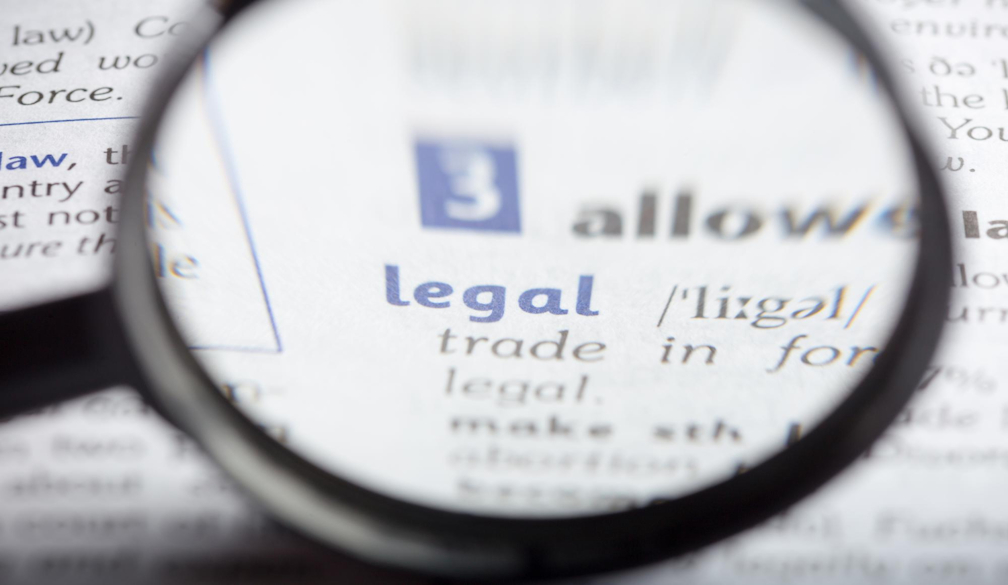EU Court Rules Affected Dieselgate Owners Entitled to Compensation

In an age where environmental conservation and transparency are increasingly valued by the public, a recent court ruling by the European Union stands as a monumental decision for car owners affected by the Dieselgate scandal. This significant verdict has opened a pathway for compensation to those who were sold vehicles with emissions-cheating software, commonly called ‘defeat devices’.
Understanding Dieselgate and Its Consequences
Dieselgate erupted into public consciousness when it was discovered that several diesel cars had been equipped with software designed to manipulate testing for nitrogen oxide emissions. This fraudulent operation meant that the cars appeared to be less polluting during regulatory testing than they were in real-world driving conditions.
The fallout has been considerable, with a dramatic undercutting of consumer trust and a heightened global awareness of the effects of diesel emissions on the environment. Consequently, this leads to extensive legal and financial repercussions for the manufacturers involved. Now, with the EU Court's recent advisory statement, the stage is set for yet another chapter in this saga, potentially involving extensive compensation for car owners.
The EU Court's Decision
Advocate General Athanasios Rantos of the European Union Court suggested that individual motor vehicle purchasers deserve legal protection, proposing laws for compensation if a vehicle is found to have a defeat device. In a case involving Mercedes-Benz, the offsetting of usage benefits against the purchase price should provide fair compensation. It's up to EU states to establish rules for calculating adequate compensation, ensuring it matches the loss incurred.
German lawyer Claus Goldenstein notes that this ruling allows claims against companies for negligent conduct. Representing 42,500 clients involved in the case, he emphasises the significance of this decision in holding corporations accountable.
These advisories, while not legally binding, hold significant weight in shaping forthcoming judgments relating to the case. With this decision, consumers across Europe who were unknowingly sold environmentally and legally non-compliant vehicles now have a legal ground to seek redress.
The Process of Filing an Emissions Claim
Before you begin, understanding your eligibility for a claim is crucial. If you've bought a vehicle that's been confirmed to house defeat devices, you're likely eligible. The ruling covers a range of manufacturers, not just the infamous few initially implicated. You can check if you’re eligible via https://www.emissions.co.uk.
Your diesel claim will require evidence of ownership and any relevant documentation that indicates your car is affected by the scandal. This includes purchase records, vehicle identification number (VIN), and maintenance history.
It's advisable to seek legal advice or support from consumer protection groups familiar with the case. They can guide you through the specifics of filing a claim in your country, as regulations may differ within the EU.
The submission process would typically involve legal proceedings or joining a class action lawsuit. The goal is to establish that the market value of your vehicle was unjustly inflated due to the defeat devices. Hence, you are entitled to compensation for the difference in value.
Impact on Car Owners and Manufacturers
For affected car owners, the EU Court's ruling is a beacon of hope - an opportunity to receive financial emissions compensation for the deceit they experienced. The ruling not only opens the door for individual legal action but may also result in collective lawsuits against car manufacturers.
On the flip side, this could spell significant financial strain for the automakers in question. They may have to deal with the legal repercussions and the broader damage to their brand image. There's also the potential for costly buybacks, repairs, and legal settlements. Manufacturers are now prompted to look at more ethically sound and transparent business practices.
Broad Implications for Environmental Policy
The EU Court's advisories could also accelerate changes in environmental policies and standards across the automotive industry. This decision aligns with the EU's ongoing efforts to reduce greenhouse gas emissions and rectify the wrongdoing in corporate practices that harm the environment.
Policymakers and environmental advocates alike will likely leverage this ruling to push for stricter emissions testing and the adoption of cleaner vehicle technologies. The momentum gained from this decision may also support the phasing out of diesel cars in favour of electric vehicles, which aligns with several EU countries' environmental strategies.
What's Next?
While the EU Court’s recent statement doesn’t constitute the final verdict, it sets a precedent and provides clear guidance for future cases. Potential compensation for affected car owners represents not just monetary relief but also an acknowledgement of the injustices they face. For the auto industry, it signals a call for reform and enhanced corporate responsibility. Most significantly, for our planet, it could mark a step towards a cleaner, more sustainable future.
The Dieselgate scandal serves as a cautionary tale about the importance of environmental integrity and consumer trust. With these recent advisories from the EU Court, we may be witnessing a pivotal point in both the automotive sector and global environmental stewardship.







